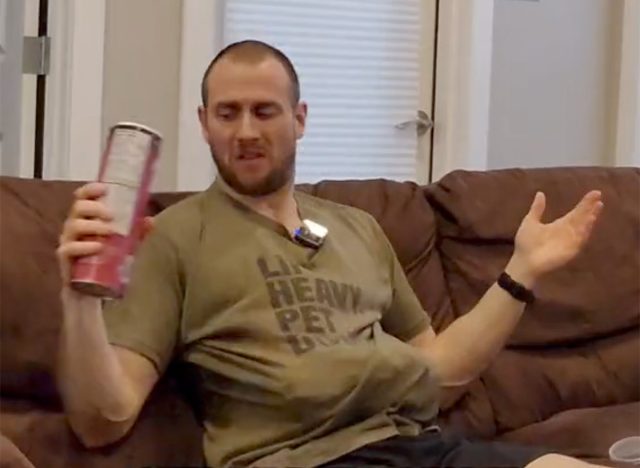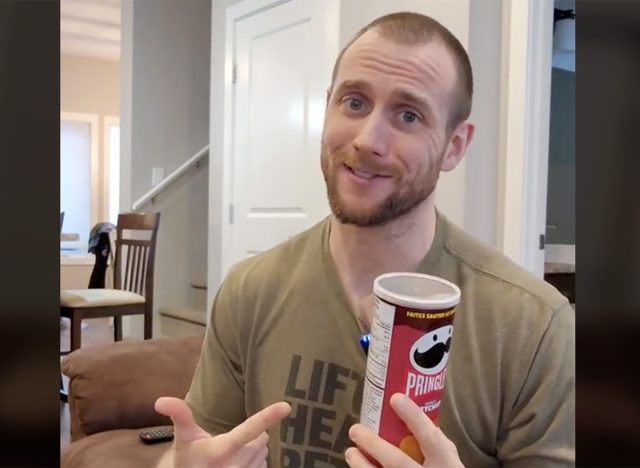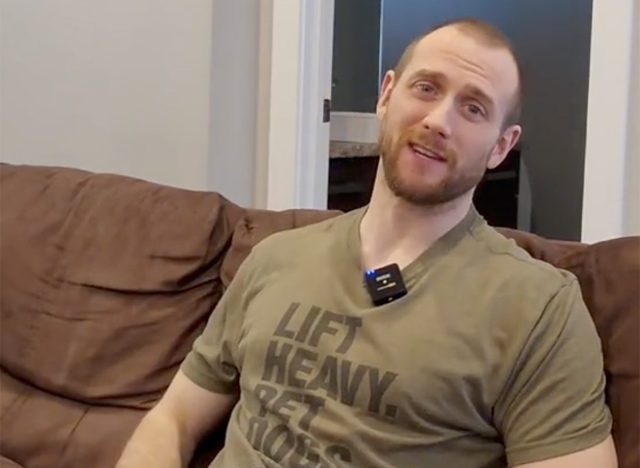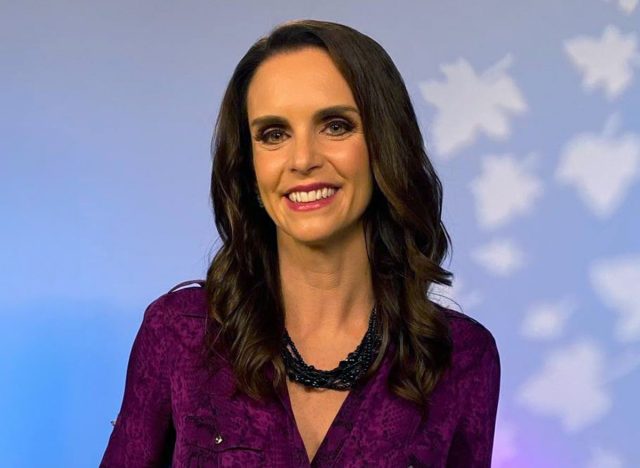Top Weight Loss Coach Exposes Nighttime Eating Myth (and the Surprising Truth About Timing)
There are lots of weight loss myths circulating out there, ranging from "bread makes you fat" to "fasting is the best way to lose weight." Luckily, there are people out there who have made it their mission to myth-bust so that other people don't make mistakes when trying to get in shape. Andrew Holmes (@andrewholmes79) is a fitness and weight loss coach who helps people blast fat and get into the best shape of their lives. In a recent video, he discusses a major weight loss myth that a lot of people happen to believe. Body Network also enlisted The Diet Diva, Tara Collingwood, MS, RDN, CSSD, LD/N, ACSM-CPT, and a Board Certified Sports Dietitian to weigh in.
The Myth: Everything You Eat at Night Gets Stored as Body Fat
@andrewholmes79 Does eating late at night cause weight gain? #fatlosstips #weightlosstips #fitnesstips #nutritiontips #healthtips ♬ original sound – Andrew | Weight Loss & Mindset
The myth? "Anything you eat after 7:00 PM gets directly stored as body fat because your body can't use calories when you sleep," he says in the clip. "Some [people] on the internet will actually tell you this …, and the worst part is I think they actually believe it."
The Timing of Food Doesn't Make a Difference, He Says

"The truth is you have absolutely nothing to worry about, sort of," he continues. "The timing of food intake makes zero difference."
It Has to Do with Total Calories, Not Timing

It all boils down to your total caloric intake of the day. "You could eat a hundred percent of your daily calories at 12:00 PM or 12:00 AM," he says. "As long as the calorie intake was equal for both, there'd be zero difference in fat loss or fat gain."
Related: Courtney Fisher Reveals Workout to Getting "Lean and Strong for Summer"
However, You Are More Likely to Eat Unhealthy Food at Night

However, he does note that you are more likely to eat junk at night. "The problem is that 99% of people are not making healthy choices late at night. The issue is that most late-night eating consists of overeating foods that are extremely high in calories," he explains.
RDN Says: Timing Does Matter

Collingwood agrees that calories eaten after 7 PM "will not directly get stored as fat, but depending on your activity level in the evening and what time you eat dinner, snacks, and go to bed can play into how efficiently they are used," she says. "The more sedentary you are after eating a large meal or large snack the more likely the excess that is not burned in the next few hours will get stored." Why? "The body uses energy all day long, but it uses a lot less while you are sleeping." If you don't want calories stored as fat, "make sure you have your larger meals or snacks at times of the day when you are burning calories and using them," she recommends.
Your Body Needs Energy "All Day Long"

Your body needs energy all day long, says Collingwood. "If you starve yourself all day you are training your body to store fat when you finally do eat. When you eat a large amount at one time, your body can't use it all in the next few hours so it is more likely to store it. Plus, when you look at other nutrients like protein, your body will use it to build muscle more efficiently if it is spread out throughout the day rather than just one big bolus of protein all at one time," she says.
RELATED: Sadie Rigby in Workout Gear Reveals "How to Lean Out"
It's Not What You Are Eating at Night, But How Much That Matters

Collingwood doesn't think it is as much the "what" you are eating at night as the "how much" you are eating. "If you are eating a large amount of calories they are more likely to be stored. A little bit of ice cream or chocolate or chips or something is fine but it's when you eat too much that it is more likely to get stored."
💪🔥Body Booster: Try to eat your bigger meals earlier in the day so your body has time to digest them and can use the food as fuel to burn off throughout the day. And if you enjoyed this article, take advantage of these 15 Quick Ways to Lose Body Fat Percentage in a Week.





